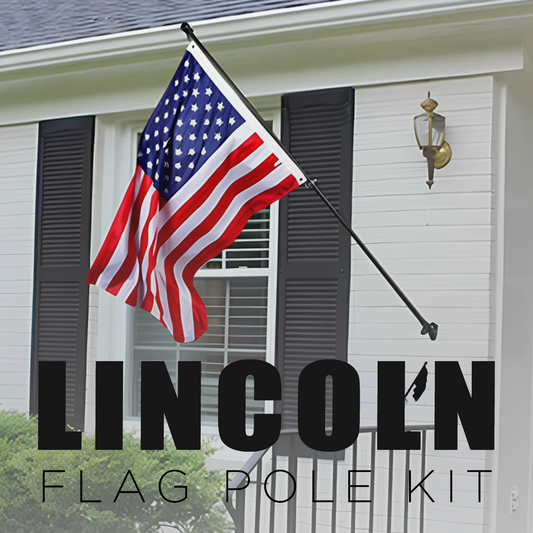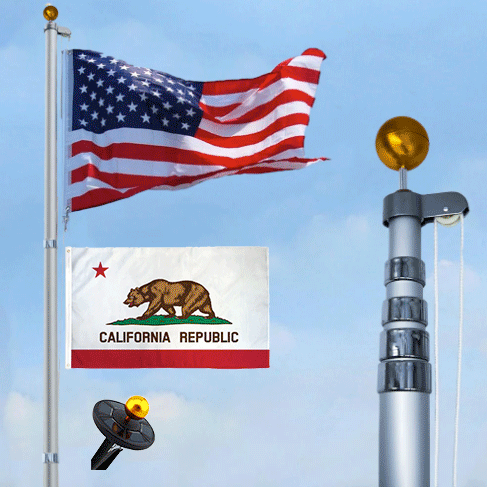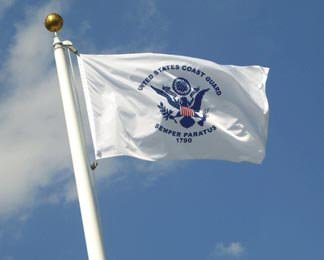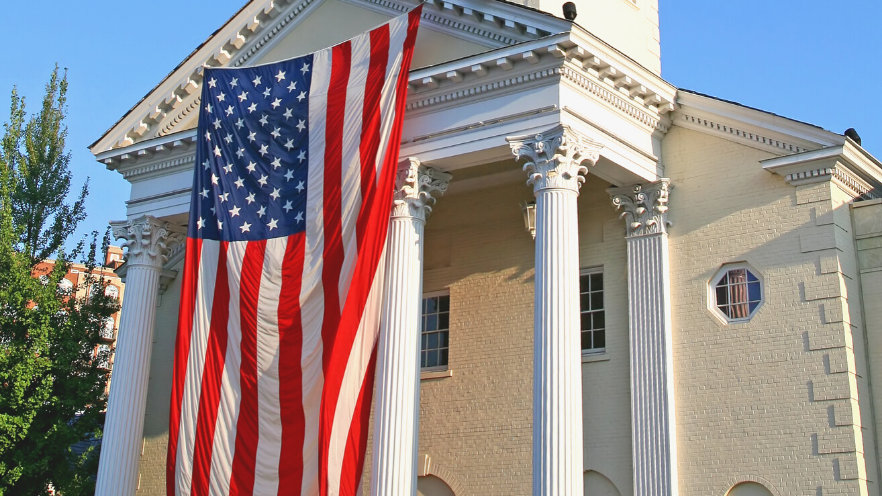
Why Conservative Churches Are Growing
Christianity – and Protestantism specifically – in America is growing exponentially throughout the country. While many ancillary or liberal branches of churches are closing, conservative Protestant churches are seeing higher attendance and are even opening new churches in previously liberal locations.
What explains this change? Let’s dive deep and see if we can find out.
True Conservative Churches Spread Word of Their Beliefs
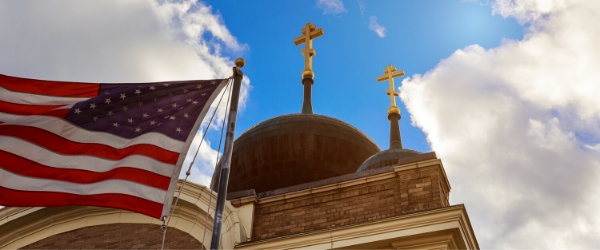
There are two types of Christians: those who try to spread the Word and those who find it improper or impolite to press their beliefs unto others. But while it may indeed feel impolite, there’s something to be said for a more conservative
Protestant practitioner who convinces his or her friends to convert to their religion. Their liberal counterpart will never experience this out of respect for other faiths or from observing social niceties too ardently.
This isn’t to say, of course, that conservative Christian churches are pushy or rude. But they are more willing to do the “hard work” of religion – that is, spreading their practitioners far and wide and undertaking direct actions or initiatives to spread the growing influence of their faith.
Conservative Churches Passively Encourage Participation
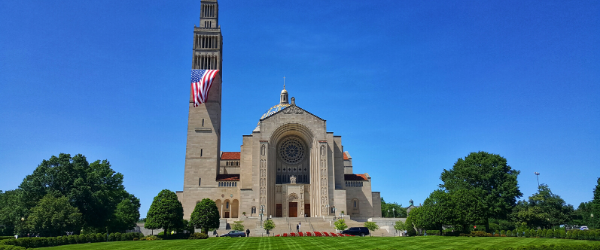
Furthermore, a conservative Protestant church is more likely to have strict rules, interpretations, and requirements of their members. A liberal church might be more likely to encourage monthly church attendance, while a conservative church will reinforce the need for its members to attend church every Sunday regardless of holiday, social atmosphere, or illness.
The latter method of sociological reinforcement is more likely to encourage participation within church activities and even outside of church meetings.
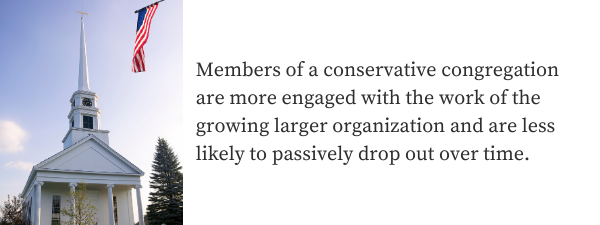
In contrast, a liberal church that demands little of its members is less of a legitimate or socially durable organization. After all, if a liberal church doesn’t require people to attend, people won’t. Furthermore, they won’t donate, and such a church will have a harder time keeping the doors open.
Conservative Churches Offer Strong Answers

One last big factor that predicts church success is whether it can offer actual emotional comfort to its attendants. A liberal church, with its looser interpretation of Scripture and acceptance of alternative ideas, is less likely to present strong answers to those who have questions.
A conservative Protestant church takes the opposite path: these additions do claim to have answers and can provide insight, guidance, or support in a much more direct manner.
This may make conservative Christian churches much more attractive for those in need of social guidance or a strong community with clear rules, expectations, and social support systems.
What Can Be Drawn from This?

While Protestants may largely agree on the same key tenants when it comes to religion, liberal and conservative churches differ mainly in how they present those beliefs and how they operate, both internally and externally.
Conservative churches simply have a more socially robust and durable character while liberal churches, by their definition, are more accepting of secondary or alternative beliefs, diluting their sociological efficacy overall.
Thank you for reading, United We Stand.
Justin
Author![]()




